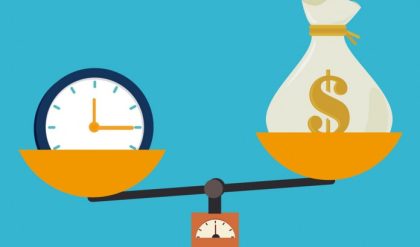Economic decisions are taken in a marginal way, which means that decisions to produce, or consume, are made one at a time.
For example, a typical consumer does not decide to drink four cans of cola at the beginning of each day, rather they make four individual decisions, one at a time. Similarly, a baker does not decide to produce 5,000 loaves of bread in a year, but decides each day or week what to produce. Economic decisions are marginal because conditions are constantly changing, and consumers and producers would be highly irrational if they did not consider this. Hence, each production or consumption decision is assumed to be made one at a time so that changing conditions can be assessed.





